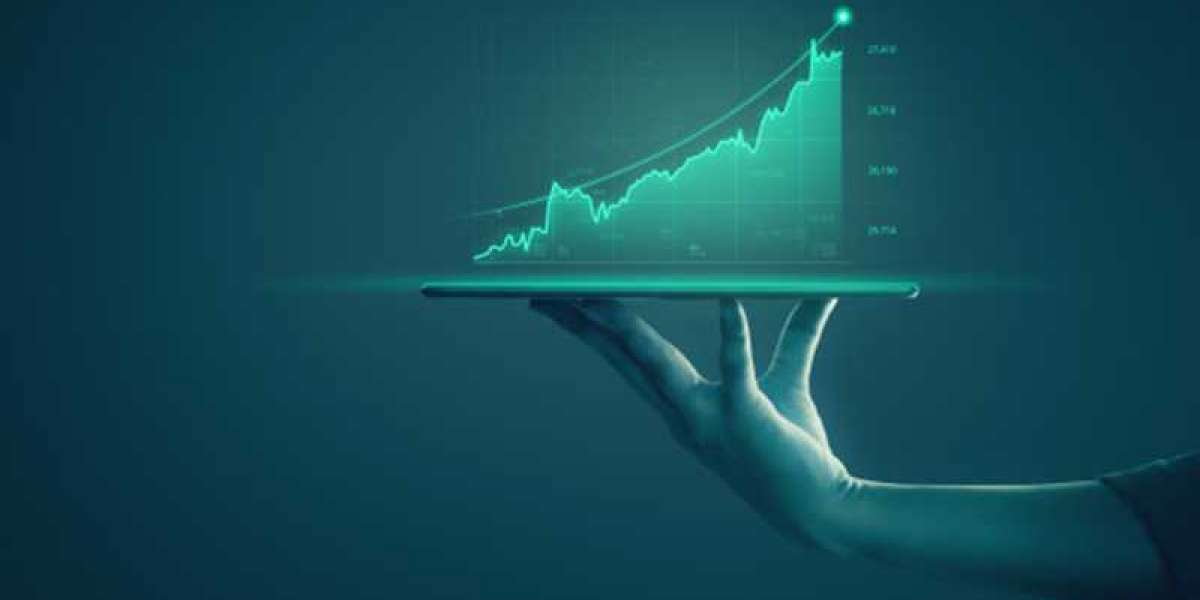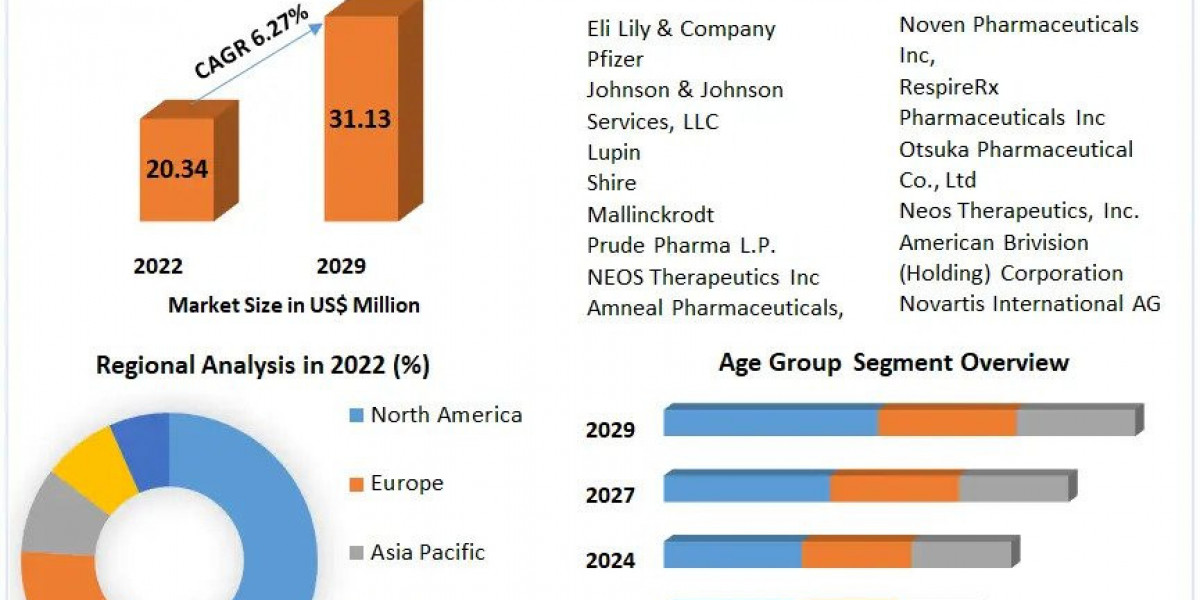Algorithmic Trading: The Future of Financial Markets
In recent years, Algorithmic Trading has become a buzzword in the financial industry. It is a process of using computer programs to execute trades automatically, based on a set of pre-defined rules and parameters. Algorithmic Trading has several advantages over traditional trading methods, such as speed, accuracy, and efficiency. This article will explore the concept of Algorithmic Trading, its benefits, and how it is changing the financial markets.
The global Algorithmic Trading market size is projected to grow at a CAGR of 13.1% from 2021 to 2030.
What is Algorithmic Trading?
Algorithmic Trading, also known as algo-trading, is a process of using computer programs to execute trades automatically, based on a set of pre-defined rules and parameters. These programs use advanced mathematical models and algorithms to identify trading opportunities, analyze market trends, and execute trades in a fraction of a second. Algorithmic Trading is a highly sophisticated and complex process, which requires specialized knowledge and expertise.
Request To Free Sample of This Strategic Report:
https://www.marketresearchfuture.com/sample_request/10847
Benefits of Algorithmic Trading
There are several advantages of Algorithmic Trading over traditional trading methods. First and foremost, Algorithmic Trading is much faster and more efficient than manual trading. It allows traders to execute trades in a fraction of a second, which is essential in today's fast-paced financial markets. Algorithmic Trading also eliminates the possibility of human error, which can be costly and can result in significant losses.
Another advantage of Algorithmic Trading is that it allows traders to execute trades based on complex mathematical models and algorithms. These models can analyze large amounts of data and identify trading opportunities that may not be apparent to human traders. Algorithmic Trading also allows traders to execute trades based on specific market conditions, such as price, volume, and volatility, which can be difficult to identify and interpret manually.
How Algorithmic Trading is Changing the Financial Markets
Algorithmic Trading is transforming the financial markets in several ways. First, it is making trading more efficient and cost-effective. Algorithmic Trading allows traders to execute trades faster and at a lower cost than traditional trading methods, which is reducing the overall cost of trading and making it more accessible to individual investors.
Second, Algorithmic Trading is increasing market liquidity and reducing market volatility. By executing trades automatically, Algorithmic Trading is reducing the impact of human emotions and biases on the financial markets, which can lead to more stable and predictable market conditions.
Finally, Algorithmic Trading is changing the role of human traders in the financial markets. As Algorithmic Trading becomes more prevalent, the role of human traders is shifting from executing trades manually to developing and implementing trading algorithms and models. This is requiring traders to have a higher level of technical expertise and knowledge of advanced mathematical models and algorithms.
Browse In-depth Market Research Report:
https://www.marketresearchfuture.com/reports/algorithmic-trading-market-10847
Conclusion
Algorithmic Trading is a highly sophisticated and complex process that is transforming the financial markets. It offers several advantages over traditional trading methods, including speed, accuracy, and efficiency. Algorithmic Trading is making trading more accessible and cost-effective for individual investors, increasing market liquidity and reducing market volatility, and changing the role of human traders in the financial markets. As Algorithmic Trading continues to evolve, it is likely to become even more prevalent and influential in the financial industry.








